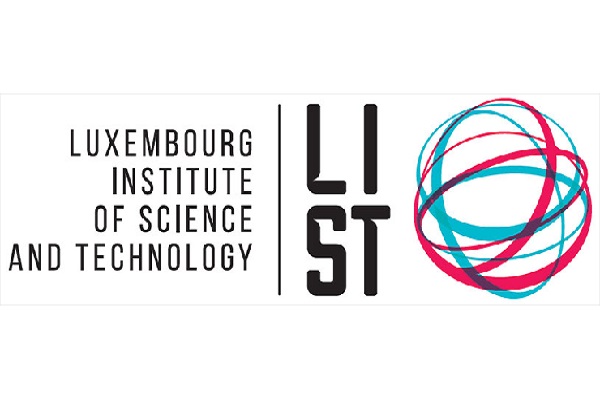
On Thursday 20 October 2022, Luxembourg's Deputy Prime Minister and the Minister of Health, Paulette Lenert, the Minister of Agriculture, Viticulture and Rural Development, Claude Haagen, and the Minister of Higher Education and Research, Claude Meisch, chaired the scientific conference entitled “Second Luxembourg 3R Symposium”.
This is the second edition of a national symposium organised by Luxembourg's research institutes, the Ministry of Agriculture, Viticulture and Rural Development, the Ministry of Health and the Ministry of Higher Education and Research with the aim of promoting the principle of the 3Rs:
- Replace (replace research where animals are used);
- Reduce (reduce the number of animals used for research purposes);
- Refine (improve the welfare of animals used in scientific research).
This symposium, attended by internationally renowned researchers and representatives of animal protection associations, was an opportunity to discuss scientific progress in the field of animal experimentation, at national and European level, as well as on best practices in order to improve the quality and ethical aspect of research projects carried out in Luxembourg. This second edition also focused on a “fourth R”: the reproducibility of results obtained with animal models and the improvement of data quality in scientific research.
3R Prize to the “Environmental Health Group” team of the Luxembourg Institute of Science and Technology (LIST)
On this occasion, the National League for the Protection of Animals, “Lëtzebuerger Déiereschutzliga”, also awarded a prize for a contribution to significantly reduce, replace or refine the use of animals in research. The “3R” prize was awarded to the “Environmental Health Group” team of the LIST for the development of in vitro human respiratory tract tests, without the use of laboratory animals.
The ministers pointed out: “The objective of the '3R' principle is the progressive abolition of animal experimentation and the replacement by alternative methods which are scientifically validated.” Minister Haagen recalled that Luxembourg is one of the Member States that best protects animal rights. The use of animals for cosmetic purposes or for the development of tobacco products is indeed strictly prohibited in Luxembourg and scientific research is limited to fundamental research and exclusively uses zebrafish, mice and rats
The principle of the 3Rs in animal experimentation in the Grand Duchy
Animal experimentation for scientific purposes is strictly regulated in the Grand Duchy of Luxembourg and is based on the principle of the 3Rs. This means that research projects using animal models are subject to rigorous monitoring throughout the project. For each authorisation request, the competent departments of the Ministry of Agriculture, Viticulture and Rural Development, in close collaboration with the competent departments of the Ministry of Health, examine whether the use of animals is justified and whether the project is designed to ensure conditions that respect animal welfare. When an alternative method is available, animal models must be replaced.
At present, it is not yet possible to base all research solely on alternative methods. The use of animal models is still necessary in many cases, especially when the biological mechanisms involved are still poorly understood. However, in Luxembourg, the scientific community is very involved in the development of alternative methods with long-term projects such as the development of organoids, 3D cell cultures that allow better study of the different organs of the human body. Special efforts are made in the Grand Duchy to create and improve in vitro models of the lungs, intestines and brain, for which patents are filed or in preparation. Luxembourg's scientific community is also working to replace reagents of animal origin with non-animal alternatives.
In addition, researchers, veterinarians and technicians are constantly working to reduce the number of animals used and to refine protocols. Among the promising projects presented at the symposium are the use of automated cage monitoring which facilitates the rearing of mice and improves their well-being, as well as a systematic collaboration between biologists and biostatisticians which ensures that each new study is designed to be reliable and reproducible, thus minimising the number of laboratory animals needed over the long term.
For the Luxembourg government, it is essential to reduce the use of animals for scientific purposes to what is strictly necessary and to respect their well-being while guaranteeing quality scientific results.








